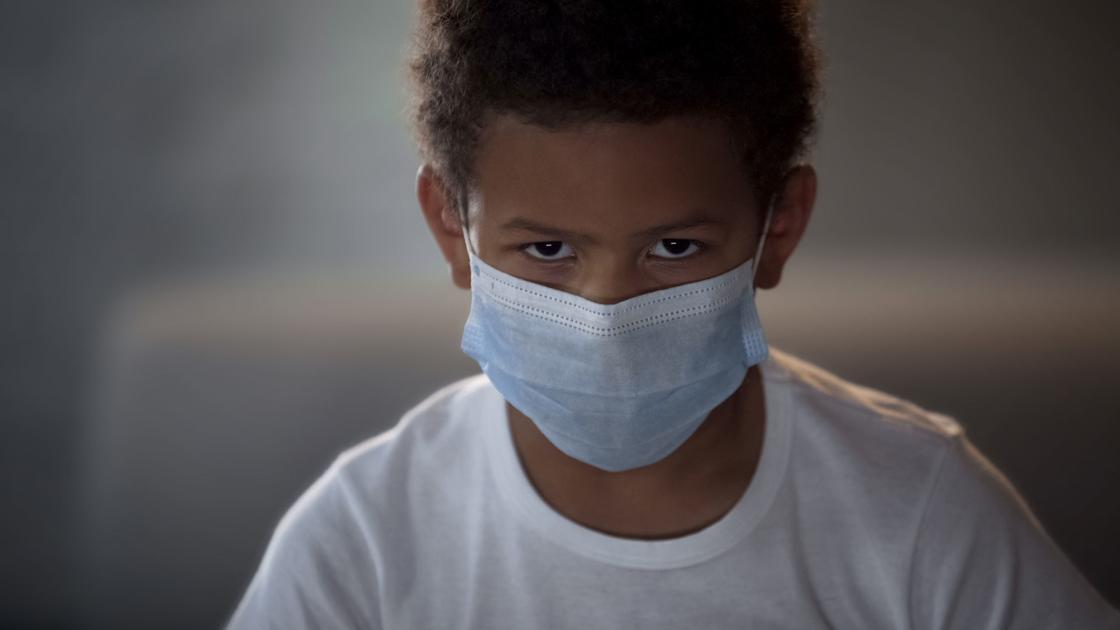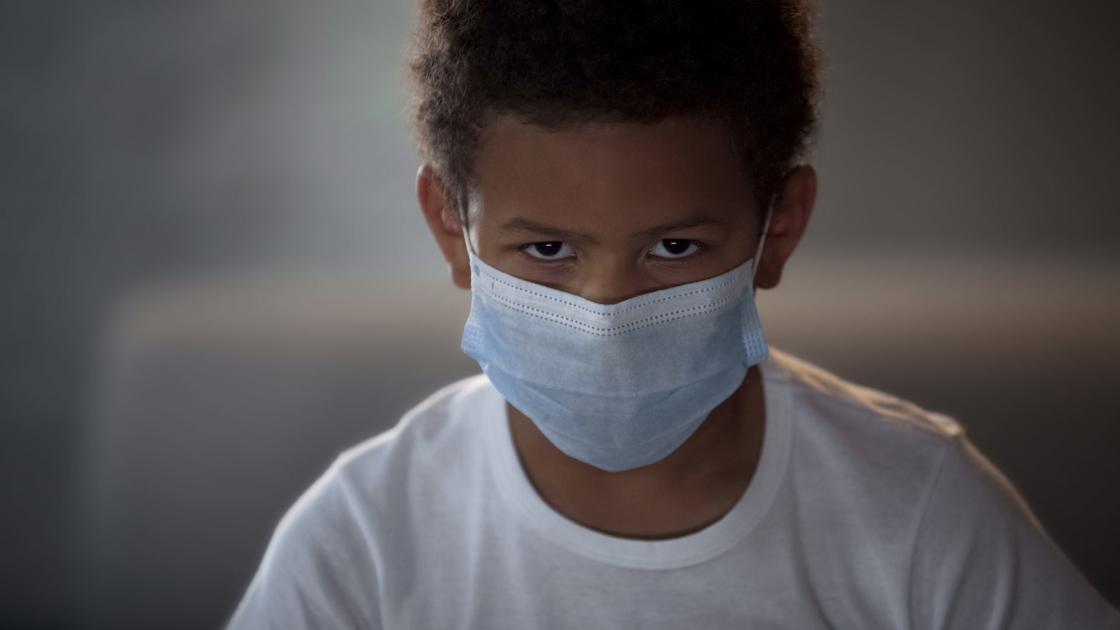While state and local governments, schools, businesses, and various venues have lately been removing mask and social distancing requirements for adults and children, the American Academy of Pediatrics (AAP) this week laid out its recommendation that all children and adolescents, ages two and older, who have not been “fully vaccinated” for coronavirus wear masks and “socially distance” in a wide variety of circumstances when they are outside their homes. The AAP’s mask wearing recommendation even extends to at home “in households that include medically fragile, immunocompromised, or at-risk adults and children.”
The absurdity of the AAP’s recommendation is evident when you consider that, first, children and adolescents have a very low probability of becoming seriously sick or dying from coronavirus and, second, it has not been established that mask wearing and “social distancing” provide any net protection from infection. While absurd, the recommendation is also dangerous given that there are known harms, both physical and mental, to young people from their being required to wear masks and distance themselves from other people while going about their daily activities.
Regarding children’s risks from coronavirus, the AAP relates that from state reports it appears that coronavirus in children leads to hospitalization between just 0.1 percent to 1.9 percent of the time and death between 0.00 percent and 0.03 percent of the time. Further, a study published last week in AAP’s journal Hospital Pediatrics suggest even the low hospitalization numbers for children are much overstated, with review of a hospital’s records indicating that nearly 40 percent of children identified as being hospitalized for coronavirus were instead just patients without any coronavirus symptoms who were hospitalized for other reasons but happened to test positive under the hospital’s universal coronavirus testing policy.
The AAP recommendation may also put young people in greater danger by providing an incentive for them to take shots of experimental coronavirus vaccines, including ones that are not even vaccines under the normal meaning of the term. These experimental coronavirus vaccine shots may carry much greater side-effect risks than any coronavirus risks they reduce, especially the younger people taking the shots are.
Promoted up top on the front page of the AAP website home page is a link to the organization’s “resources” for “Preparing your practice for the COVID-19 vaccine for children.” Included is a policy statement titled “COVID-19 Vaccines in Children and Adolescents” from the AAP’s Committee on Infectious Diseases that generally favors giving children 12 and older experimental coronavirus vaccine shots. The policy statement even says that it is fine to give these shots along with “routine” vaccine shots.
Plans are in the works for giving experimental coronavirus vaccines shots to younger children as well.
The AAP describes itself as “an organization of 67,000 pediatricians committed to the optimal physical, mental, and social health and well-being for all infants, children, adolescents, and young adults.” The organization’s recommendations should be expected to have some influence on the crafting of government policy regarding mask and “social distancing” mandates, as well as government policy related to coronavirus vaccines. Also, next time parents take their children to the pediatrician, they should be prepared that the pediatrician’s views regarding mask wearing, “social distancing,” and experimental coronavirus vaccines may be the same as those of the AAP.


